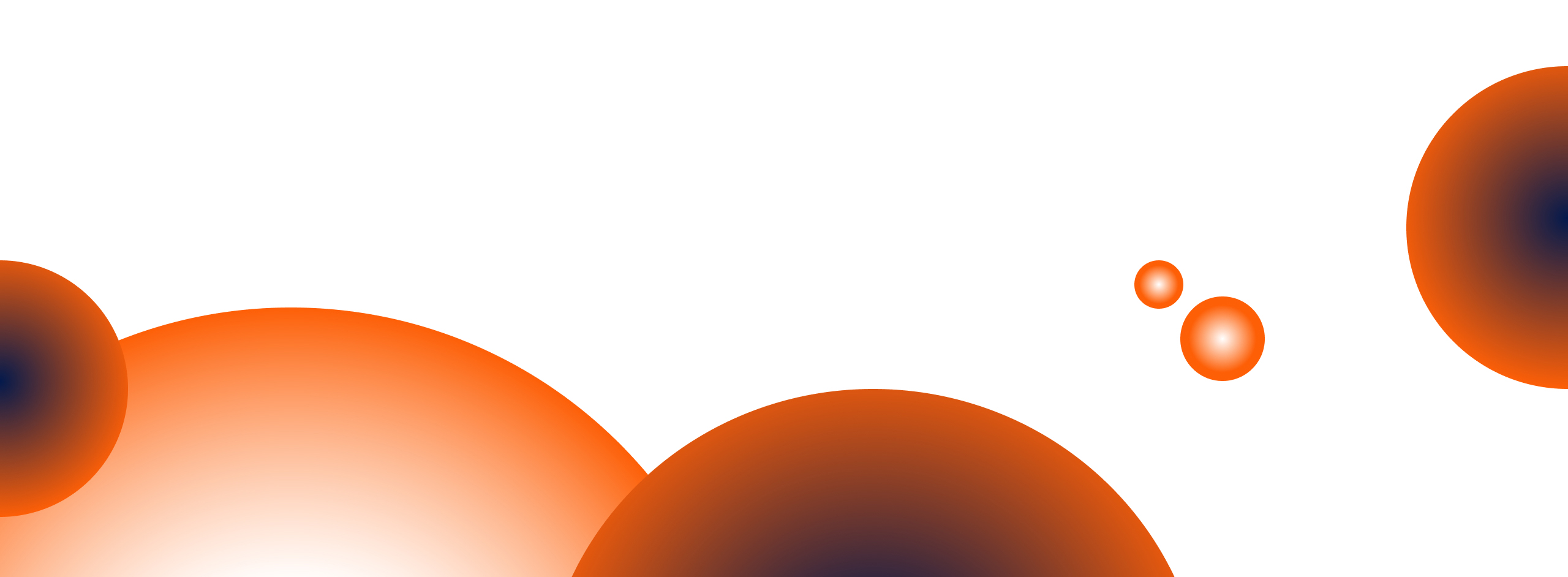In the biomedical research domain, use of Knowledge Graphs (KGs) has been successfully explored in recent years for big data mining and to create large interconnected knowledge databases. We have previously demonstrated the utility of KGs to predict potential drug-drug interactions from a standard lung cancer chemotherapy regimen in clinical use. Based on this background, we have now explored if KGs can be used for post-hoc Clinical Trial (CT) failure analysis by demonstrating their utility to store, index, retrieve and analyse complex datasets from drug development pipelines.
Knowledge Graph Capabilities at Persistent
The power of KGs is evident in how it captures the connectivity information available in large and complex datasets, which helps to depict a better representation of data / features. The data / features can be processed using Machine Learning or Deep Learning algorithms to achieve state-of-the-art analytical performance for the solution of a particular problem. At Persistent, we are actively using KGs for various applications, such as fraud detection, recommender systems, natural language question-answering. In the healthcare domain , exploration of KGs for big data mining and analysis of various biomedical datasets is an active area of research and development.
Talk to our KG data scientists today !
This whitepaper will help you understand in detail how to utilize a stepwise KG approach to investigate the potential mechanisms that may have resulted in the failure of a Immuno-Oncology Phase III clinical trial.






